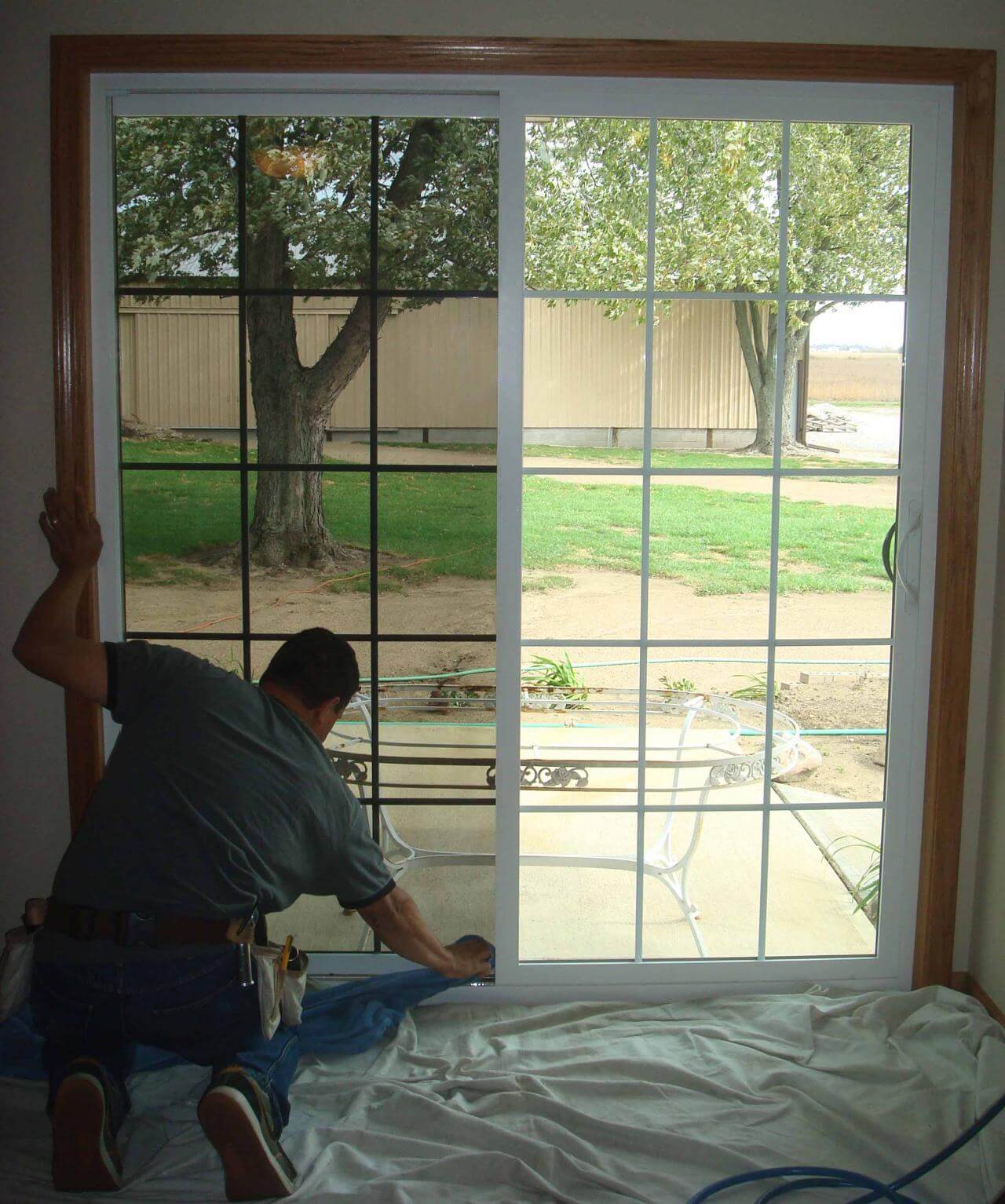Introduction
Table of Contents
Window tinting is no longer just a feature for cars or commercial spaces. More homeowners are discovering the numerous advantages of tinting their home windows. From energy savings and UV protection to increased privacy and security, window tinting is a smart and stylish upgrade that enhances the comfort and efficiency of your home. In this guide, we’ll explore the top benefits of home window tinting, the types available, and what you need to consider before installation.
Improved Energy Efficiency
One of the biggest benefits of window tinting is improved energy efficiency.
- Heat Reduction: Tinted windows block a significant portion of solar heat, helping to maintain a consistent indoor temperature.
- Lower Cooling Costs: By reducing heat gain, your air conditioning system doesn’t have to work as hard, leading to lower utility bills.
- Insulation in Winter: Some window films also provide insulation in colder months, preventing heat loss.
Real-World Impact:
Homes with tinted windows can reduce cooling costs by up to 30% during summer months.
Protection from Harmful UV Rays
Tinted windows block up to 99% of harmful ultraviolet (UV) rays from entering your home.
- Health Benefits: Reduces exposure to UV rays that can cause skin damage and increase the risk of skin cancer.
- Furniture Protection: Helps prevent fading and discoloration of carpets, furniture, curtains, and hardwood floors.
Enhanced Privacy and Security
Tinting your windows enhances both privacy and security in several ways:
- Daytime Privacy: Reflective or darkened tints limit what outsiders can see while still allowing light in.
- Security Films: Thicker films strengthen glass, making it harder to shatter during break-ins or storms.
- Shatter Resistance: In case of accidental breakage, the film holds shattered glass together, preventing injuries.
Reduced Glare and Improved Comfort
Direct sunlight can cause glare on screens and discomfort throughout the home.
- Glare Reduction: Window tinting minimizes harsh glares on TVs, computers, and mobile devices.
- Improved Indoor Experience: Enjoy natural light without the downsides of glare or intense heat.
Better Aesthetic Appeal
Tinted windows add a sleek, uniform appearance to your home:
- Modern Look: Improves curb appeal with a clean and contemporary finish.
- Custom Options: Window films are available in various shades, finishes, and styles to match your design preferences.
Environmental Benefits
By reducing energy consumption, tinted windows contribute to a greener home:
- Lower Carbon Footprint: Less energy used means fewer greenhouse gas emissions.
- Sustainable Living: Supports eco-friendly building and renovation practices.
Types of Home Window Tinting Films
There are different types of films available, depending on your needs:
a. Solar Control Films
- Reduce heat and glare
- Provide UV protection
b. Privacy or Decorative Films
- Frosted or patterned for enhanced privacy
- Ideal for bathrooms and entryways
c. Security Films
- Reinforce glass against impact
- Useful for storm-prone or high-crime areas
d. Low-E Films
- Reflect infrared light to regulate temperature
- Perform well in both hot and cold climates
Installation and Maintenance Tips
Professional vs. DIY Installation
- Professional: Ensures bubble-free, smooth application and warranty coverage.
- DIY Kits: More affordable but require careful application.
Maintenance
- Use ammonia-free cleaners
- Soft cloth or sponge recommended
- Avoid abrasive scrubbing or sharp objects
Cost Considerations
Prices vary based on film type, number of windows, and whether installation is DIY or professional:
- Typical Range: $5 to $12 per square foot
- Professional Installation: May include additional labor costs but ensures quality and longevity
- Return on Investment (ROI): Most homeowners recover the cost through energy savings within a few years
Is Window Tinting Right for Your Home?
Ask yourself:
- Do you experience high energy bills in summer?
- Are your furnishings exposed to direct sunlight?
- Is daytime privacy a concern?
- Are you looking to improve home aesthetics and efficiency?
If you answered yes to any of these, window tinting could be an ideal solution.
Conclusion
Home window tinting offers a combination of aesthetic, practical, and financial benefits. From reducing energy costs and protecting your interiors to improving comfort and privacy, it’s a cost-effective upgrade that pays dividends in both form and function. Whether you’re renovating, building new, or simply upgrading, consider window tinting as a smart investment for your home’s future.

